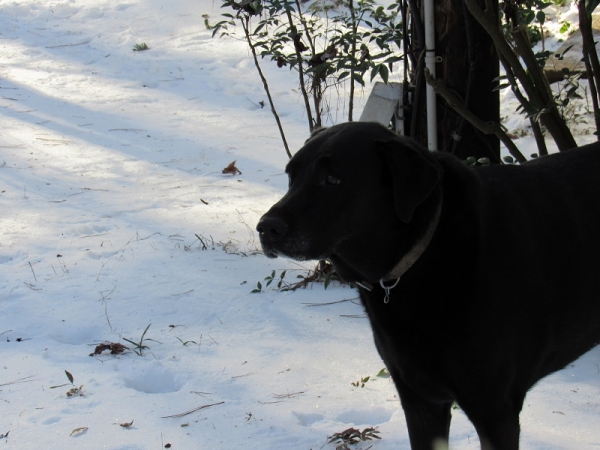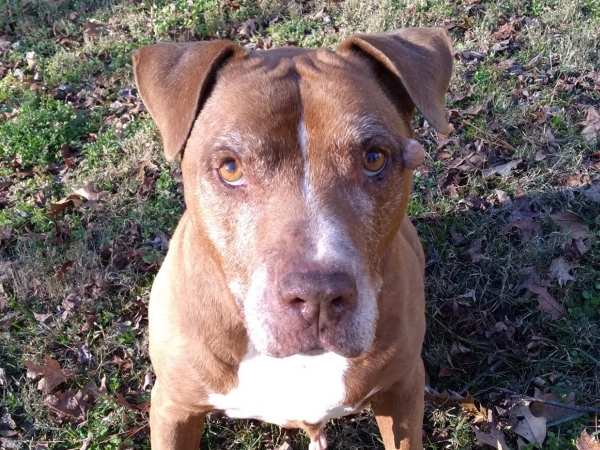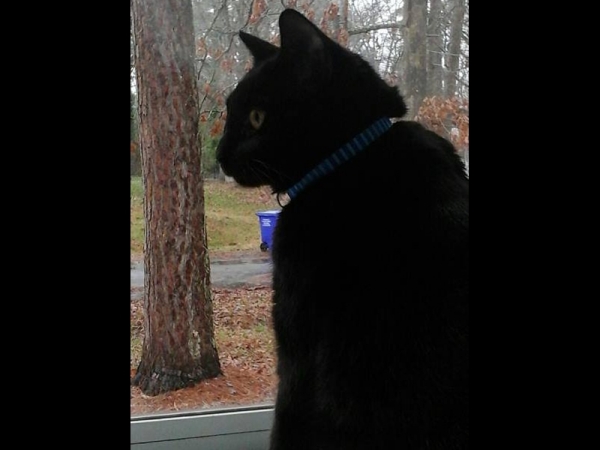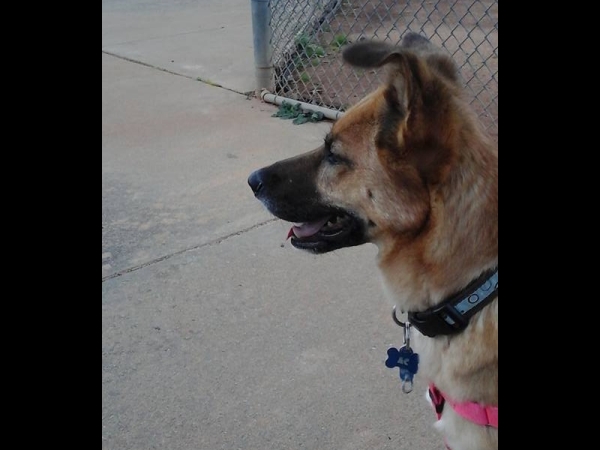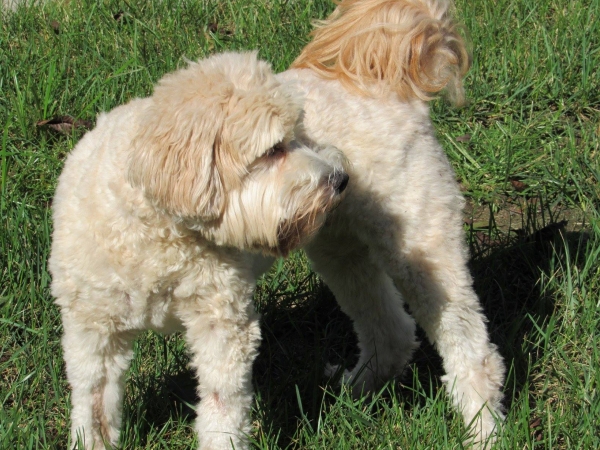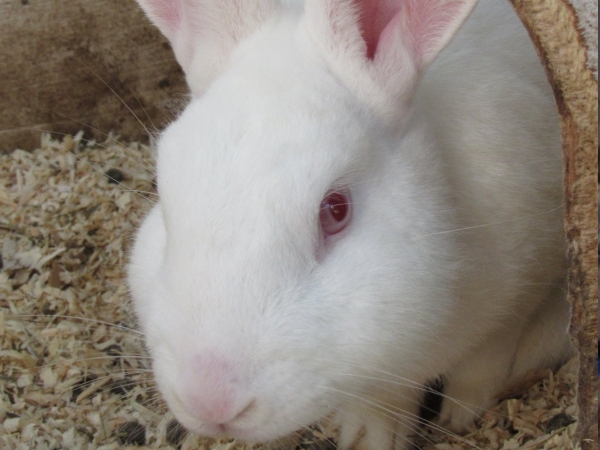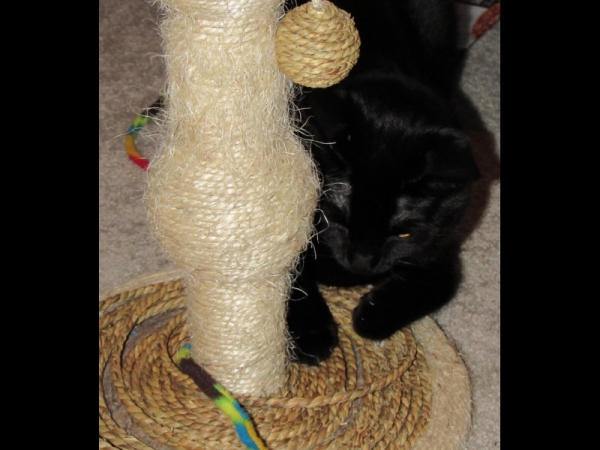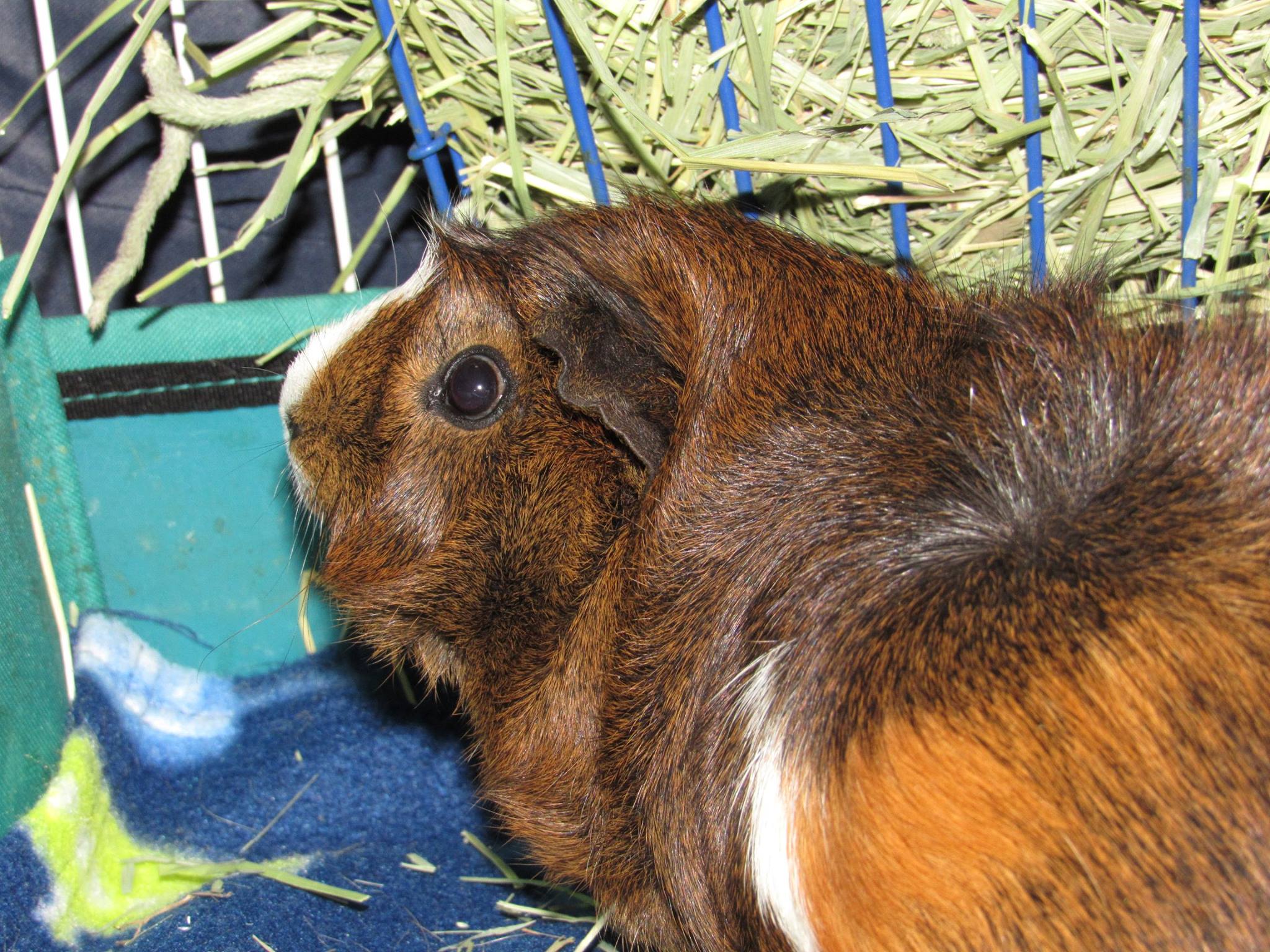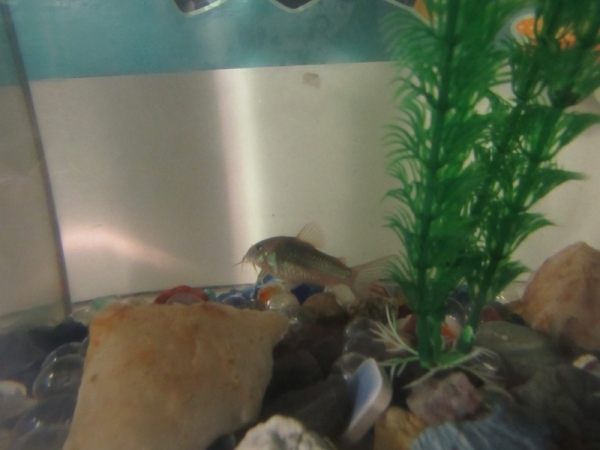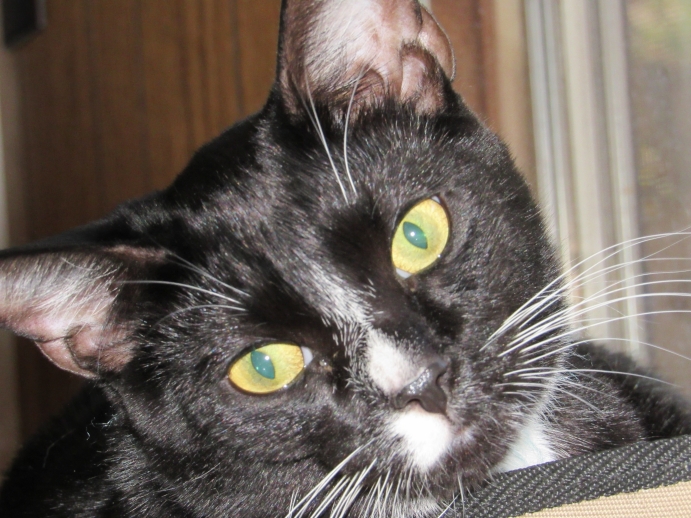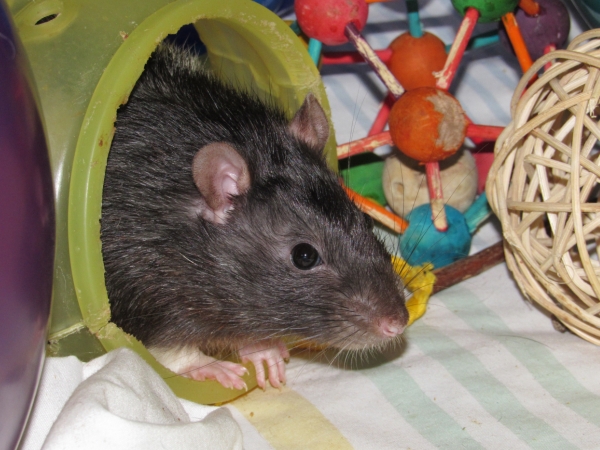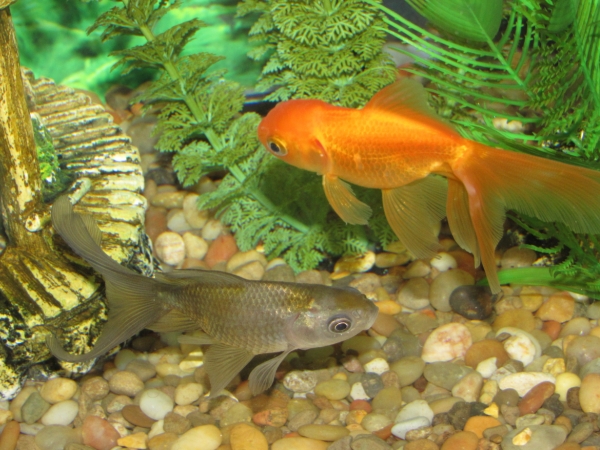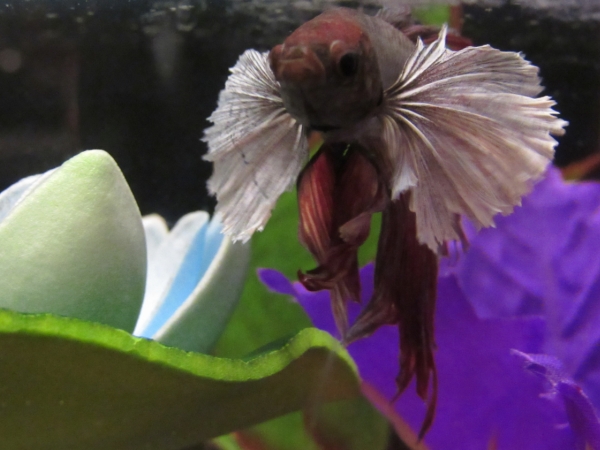Mirrani's Pet Sitting
Bereavement
The loss of an animal can impact owners as deeply as the loss of any human. No matter what pet you bring to your home, you create a bond, accept them as a part of your family, and grieve them when they have moved on. These deep feelings can overcome us not only when a pet passes, but also if they become lost, and can even begin before the death of your pet, when you realize that you are coming to a time in your pet's life where you must evaluate the need to say goodbye.
While I am not a licenced therapist, I have completed coursework on the grieving process and hope to be able to bring pet owners some understanding that they are not alone in how they feel. There are resources available to grieving pet owners that were created to remind us that our feelings are valid and understood. Hopefully this page will supply that for my pet families.
The Stages Of Grief
- Denial - If you are mourning the loss of your pet you may find yourself thinking that they are not truly gone. This happens most often when we feel the need to check one last time for vital signs or believe we see the chest rise and fall even when it could not have been possible. If your pet has run away or become lost you may believe that you still hear them in the house, or keep looking for them even when you saw them escape. Denial is a natural initial reaction to loss and can last for only a brief moment or linger for a long period of time.
- Anger - The anger you feel after a loss will not always make sense. Pet owners can blame themselves, their vet, or even find themselves angry at friends or family members who had nothing to do with the loss. It is important to know that these feelings are only another step in the grieving process and that they do not necessarily flow in a logical way. Anger isn't limited to a pet's passing, and can also be expected in the stages of grief over the loss of a missing pet.
- Bargaining - This stage is not only about prayers from the faithful, but can include the "what if" and "if only" statements that you find yourself making after the passing of a pet or when a pet goes missing. The idea that one can talk the situation out of happening even after the fact is another way of distracting the mind from the pain of the loss. It is not a denial, but the idea that perhaps one more action could bring your pet back.
- Depression - If you are feeling withdrawn or are having trouble engaging in your daily activities you have most likely entered this stage of grief. You may find yourself unable to stop crying, your sleep patterns may have shifted out of your control, or you may feel lost in a fog while going about your day. This is the point in the grieving process where some people begin to seek help, especially if the depression becomes severe. It is important to know, however, that someone can seek help at any stage of the grieving process.
- Acceptance - One of the most important things to remember while grieving is that eventually, even if it takes a great deal of time, someone suffering a loss will find a way to make peace with what has happened. Over time you will find that you accept that your pet is not in their usual place. You won't always look up to see if they are trotting down the hall and your life has found a new sort of normal. Acceptance doesn't mean that you have stopped missing your pet, it simply means that you are ready to live a life that continues beyond the life that they shared with you.
My Child Lost Their Pet...
The most important thing to understand when it comes to children and pet loss is that children understand much more than adults believe that they do. Trying to replace a goldfish before they notice it has died is generally not in the child's best interest. Their understanding of death might be different from yours, but honesty is always the best choice when discussing what has happened to an animal in the home.
- Honesty - Saying things like "he's only taking a nap" might cause a young child to become afraid of sleeping and telling a child that a missing pet "went on a vacation" might make them afraid of leaving their home. Even if your child is 2 or 3 years old, it is okay to tell them that the pet has died and will not be a part of the life of the family any more. Remember though, that children this age need extra reassurance that they did not do anything to hurt their pet
- Share Your Feelings - I can not stress enough how important it is for your children to understand that you are also grieving. Young emotions need guidance just as much as yours do. It is perfectly all right to allow your child to see you crying over the loss of your pet and to explain to them what you are feeling. "I just found one of Smokey's old toys and it made me sad because now I miss him more," is a perfectly reasonable way to explain to a child that showing their grief in a reasonable way is all right. Remember that they are going through some of the same stages of grief that you are and older children might blame themselves or become angry. Showing them that you hurt too and allowing them to talk through their hurt or anger will make these emotions easier for your child to handle. It is also important to note that younger children might display their emotions as "regressive" behaviors like bed wetting or a return to temper tantrums. They can also have their sleep altered by their emotions. Talking can help you understand these changes and let the child know that they are not to blame for the grief and anger that others are feeling around them.
- Explanations - Though parents may be reluctant to go into too many details, in most instances it is important for children to understand how and why the pet died and what will happen to the body. This conversation does not need to be carried out in exact details, but as in the honesty section above, avoiding direct questions can cause unexpected anxieties. Allow your child to ask questions about where their pet's body will go or even let them be a part of the decision making process. Again, this does not need to be anything of a specific nature, but something as simple as making a family decision on where to bury your pet can help your child understand that your pet's remains are in this new place and the pet will not one day come running back to them, ready to play.
Pet Loss And The Elderly
It is a common misconception that an older person will be able to hanlde the loss of a pet in an easier way than a younger adult. The loss of a companion animal can actually have a deeper impact on the elderly, especially if that pet was the major companionship in the person's life. On top of the loss, there are veterinary fees that may be difficult for someone who is retired to pay and the person's own health issues might prevent them from providing end of life care for their pet. These things make the decision of putting an animal to sleep that much harder and increase the guilt that the owner may feel over the loss.
Other things to consider when understanding the grief of an older person:
- The pet may have been the owner's only companionship.
- The loss might bring back memories of losing another pet, friend, or family member.
- The owner may worry about getting or having a pet that will outlive them and feel as if that will be abandoning them.
- Owners with dogs who were going on walks with those dogs may not feel the urge to continue this exercise and may need a friend or family member to walk with them for companionship.
- An older owner may have felt that their purpose of being the provider of care for their pet has now been taken from them and may not feel needed any longer.
Grief In Animals
It has been shown in studies of animal behavior and in observations of animal interaction that animals do feel a form of grief when another animal within their life circle is lost, either in death or by removal in some way from that circle. While they might go about their day in a way that humans can not, it does not mean that they are experiencing less grief or have quickly moved on. It is best to keep an eye on your pet for signs of sleep, behavior, or apetite changes and contact your vet if anything becomes severe, but there are some ways that you can assist them in the grieving process without veterinary assistance.
- If at all possible, allow them to see the body of the other pet family member who has passed. They will be able to notice the change from life to the absence of life even if they do not understand it in the same way a human does. This will help to ease their desire to search for the animal who has passed.
- Keep the same routines after the death occurs. If your pet is used to walks or play time at a certain time in the day or being fed at a certain time, continue on that schedule for a little while longer, even if you don't need to make allowances for the other pet. For instance, do not keep your pet indoors to be with you for fear of their being lonely if they are used to having a certain amount of outside time in the day. Allow them that time, but check on them, or gradually shorten it so that the change in schedule is not a further shock.
- Combining with the note above, it is a good idea to increase your pet's play time during the grieving process. This provides both of you extra companionship and keeps your pet busy. The extra stimulation of play or other activity will help their mind (and yours) focus on other things than the absence of your other pet.
- Just as some people take longer to get over a loss, some pets take longer than others as well. Remember to allow your pet some time to grieve, but be aware if the grief becomes excessive and contact your vet for advice if you are concerned.
Getting Help
Grief and loss can strike swiftly and can hit hard. While some people shift through the above stages very quickly, others might become stuck in one and find themselves unable to move beyond it. Any pet owner who feels trapped in their grief may need assistance to move through it. Below are some links and resources that will help you, including a link to our memorial page, where owners of pets that I have cared for are welcome to post in their pet's memory.
If you have any further questions, please feel free to email me. I provide what advice that I am able free of charge and am happy to help guide you through this difficult time in any way that I can. Your pet was a part of my life as well and my visits to your home will not be the same without them.
When It's Time to Say Goodbye - The pet loss support page from the NC State School of Veterinary Medicine. This page provides links and book suggestions for adults and children. Being local, you might also be able to contact them for local support groups. You might also want to ask your own veterinarian for any recomendations.
The Association for Pet Loss and Bereavement - Professionally trained volunteers offering chat and counseling. This website is full of resources, including information on children and pet loss. It also offers a regular online chat time for owners who have lost their pets.
Lap Of Love Pet Loss Support - Veterinary Hospice and Euthanasia - A national site with options in the triangle. The link will take you to their grief support page, which also includes a link on children and pets and includes some of the phone numbers listed below.
Hotlines
- Lap Of Love Loss and Bereavement Resource Hotline (855) 352-LOVE (5683)
National cricis and emergency hotline 211 (click link for number in your area) - National Suicide Prevention (800) 273-8255
- Virginia-Maryland College of Veterinary Medicine Pet Loss Support Hotline (540) 231-803
- Tufts University Pet Loss Support Hotline (508) 839-7966
- Cornell University Pet Loss Support Hotline (607) 253-3932

